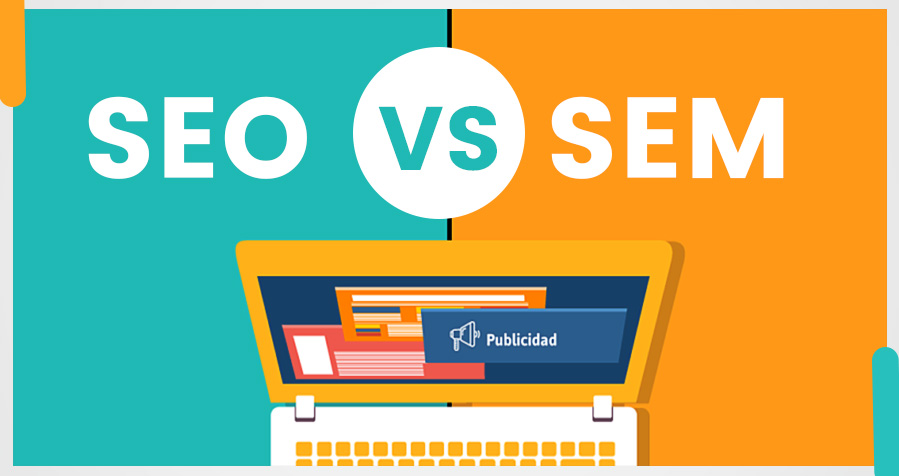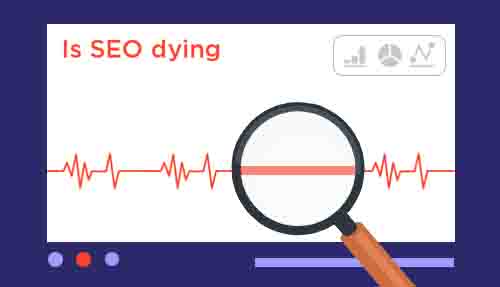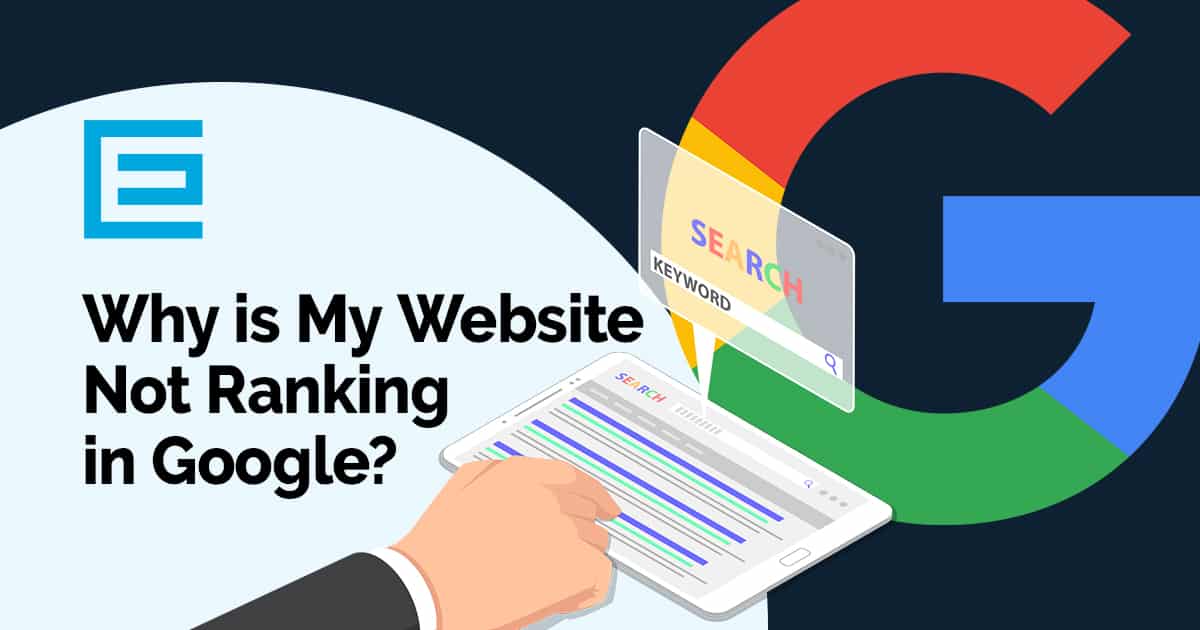As marketing evolves, so does the language we use as marketers. Like many industries, we are guilty of dismissing jargon and acronyms that can confuse customers. And to be honest, marketers are probably confused by some terms too!
Here are two doozies: SEO and SEM. These two terms (both acronyms) are often used interchangeably, without a clear understanding of how they are related and how they differ.
- Is SEO part of SEM?
- What components are included in SEM?
- Isn’t organic SEO the best long-term approach?
This article explains it all, but one fact is clear: They have a symbiotic relationship, and when you take advantage of both, you can get great marketing results.
SEO and SEM – Definitions, Differences, and Strategies
Let’s start with the definitions. This is an easy to remember the way to get started:
- SEO is an organic search strategy.
- SEM is a paid search strategy.
Yes, these are separate (but closely related) strategies, but both should be included in your company’s online search marketing arsenal. In fact, you need SEO to do SEM correctly.
The purpose of search engine optimization (SEO) is to increase the number of website visitors by raising the website’s position in the results returned by a search engine. This is done by continually optimizing the website for a higher ranking. Due to Google’s ever-changing algorithms, SEO tactics are constantly changing as well. However, one thing remains constant: SEO is made up of “on-page” and “off-page” strategies (see more below).
Search engine marketing (SEM) involves getting website traffic by using paid ads to increase a website’s visibility in search engines. However, your ad text and targeting strategy must be aligned with keywords that match your target buyers’ search queries, allowing your ads to appear on relevant search engine results pages (SERPs).
Paid ads offer your business the opportunity to increase the visibility of your web pages, landing pages, blog articles, and more. Therefore, marketers using SEM should take advantage of both SEO (for keyword strategy and high-quality content) and pay-per-click (PPC) ads to target potential buyers and drive traffic. So yes, SEO is a component of SEM.
On-page Seo Strategies
- Optimized metadata: insert target keywords into page title tag, meta description, heading tags, image ALT tags
- Optimized page copy (which is also well written) by researching strategic keywords
- Simple and well-formatted page URLs with selective keywords
- Optimized page speed
- Integration of social sharing in your content
- Internal linking using specific keywords and avoiding generic link text
- Optimized content for featured snippets that quickly respond to a query; can be definitions, lists, tables, steps
Off-page Seo Strategies
- Link building to attract and obtain quality inbound links; Backlinks help make up the majority of off-page SEO.
- Social signals: increase traffic to a website by sharing social networks
- Social bookmarking to get attention using sites like Reddit, Digg, and MIX
- Industry-specific community links to engage your target audience
- Local SEO helps businesses promote their products and services to local customers.
Search Engine Marketing (SEM) Strategies
Google Ads is by far the most popular platform for hosting search engine ads. Also consider other opportunities like Bing Ads, Yahoo Search Ads, and Amazon Sponsored Ads for the right industries. If you have a target market in China, place an ad on Baidu.
Wherever you decide to spend your money on internet marketing, there are a few key strategies for SEM success:
- Launch ad campaigns with a specific audience (e.g. geographic, industrial, etc.) in mind
- Create ad groups consisting of targeted keyword variations
- Write relevant ad copy with these selective keywords
- Establish an advertising budget
- Monitor metrics like clicks, impressions, click-through rates, and the average cost per click.
- Create retargeting audiences
- Develop targeted social media ads on appropriate networks like LinkedIn
There are other considerations when launching and maintaining an effective paid search ad campaign, but these seven are especially important for any newcomer. If you want to increase your SEM efforts to complement organic search engine optimization, take a look at Google Ads.
Which is Better? Should You Use SEO or SEM?
Okay, now you know that’s a trick question. SEO is a component of SEM; a base, really. You can’t have a successful SEM without SEO, so one is not “better” than the other. Now you also know not to use the terms “SEO” and “SEM” interchangeably.
Focus On SEO First
SEO lays the foundation for SEM through well-optimized content that prospects and customers find useful. Without search-optimized landing pages, web pages, and blog content, SEM efforts are diminished due to poor quality. As a result, gaining visibility on search engine results pages (SERPs) is extremely difficult.
Organic SEO helps establish search credibility, but it’s important to consistently create quality content and share it on social media and other content promotion and distribution channels. In other words, you must have something that people deem worthy of investigation.
When To Focus On SEM
Launching your business website and creating your initial online footprint to promote your product or service? Therefore, you will probably need immediate search visibility to build your organic credibility. With a strategic PPC campaign, you will.
Of course, you can’t strictly rely on PPC in the long run. You need to create great content that visitors want to interact with once they land on your site.
Evaluate what is best for your specific needs, but make sure you fully understand the differences between SEM and SEO and how you will sustain your efforts in the future.
Discover more solid information and advice in four chapters of our SEO breakdown page. From the basics to the brain-twisting, we’ve covered it all.



